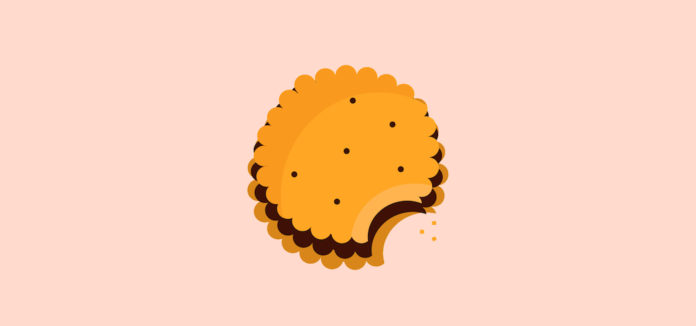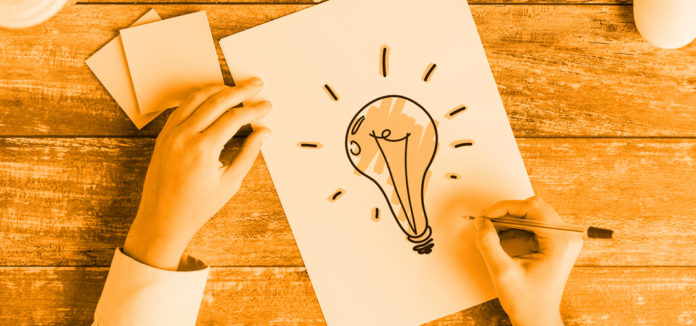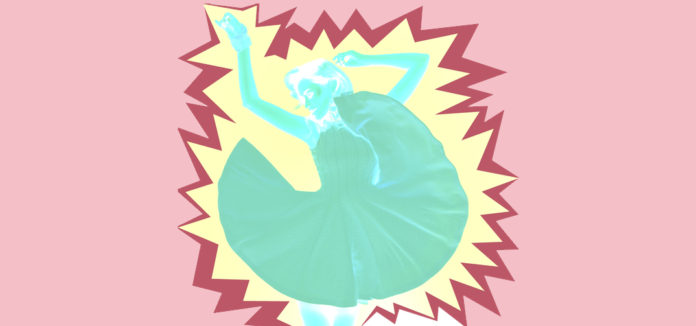I just love dessert. If you give me a cookie, I will eat every single crumb. For years I tried to be one of those “I’ll just have a little bite” types but it never worked. Thanks to Gretchen Rubin, author of Better than Before: Mastering the Habits of Our Everyday Lives, I have a better understanding of why moderation doesn’t work for me and what to do instead:
Some people are Abstainers, some are Moderators. Abstainers find it easier to give something up altogether than to indulge in moderation. Moderators do better when they indulge in moderation. Because our culture holds up moderation as the ideal, people often persist in trying to act like Moderators, even when it doesn’t work for them.
Discovering I am an Abstainer has been liberating. It is far easier for me to say, “I don’t eat dessert,” and to skip it entirely than to torture myself with trying to eat just a little. It is easier not to eat a cookie at all than to eat one. I feel much better and more in control.
Of course, some people are terrific Moderators—I have a friend who can keep an open bag of M&M’s in her desk drawer for weeks on end. Not me. If I eat one I will eat the entire bag. It’s all or nothing.
I have a similar issue with technology. If my phone is within reach, I will check it. I cannot help myself. The only way to stop myself from checking it is by putting it away. So now, when I get home in the evening, I deliberately leave it in a desk drawer until after dinner and after my children are asleep.
Habits are powerful. As Rubin describes, they are “the invisible architecture of our everyday lives.” In fact, studies show we repeat about 40 percent of our behavior almost daily. Think about that for a moment. For almost half of the day, you are on autopilot, doing what you do without thinking about it.
There are good habits like brushing your teeth, taking a shower, going for a run, writing thank you letters and greeting the receptionist with a smile. And there are bad habits—automatically ordering a grande frappuccino every afternoon, checking email first thing in the morning, and mindlessly eating in front of the television.
The good news is that habit change – as outlined in Rubin’s book – is possible, and by changing our habits we can change our lives.
We are all creatures of habit. Why not make them good ones?
I wish you all the best,
Dr. Samantha Boardman






